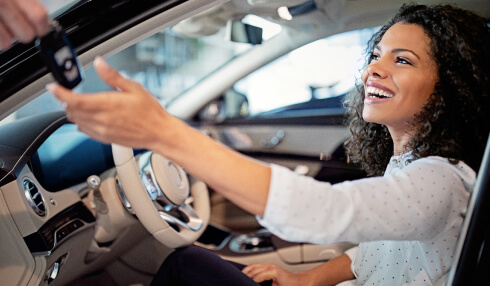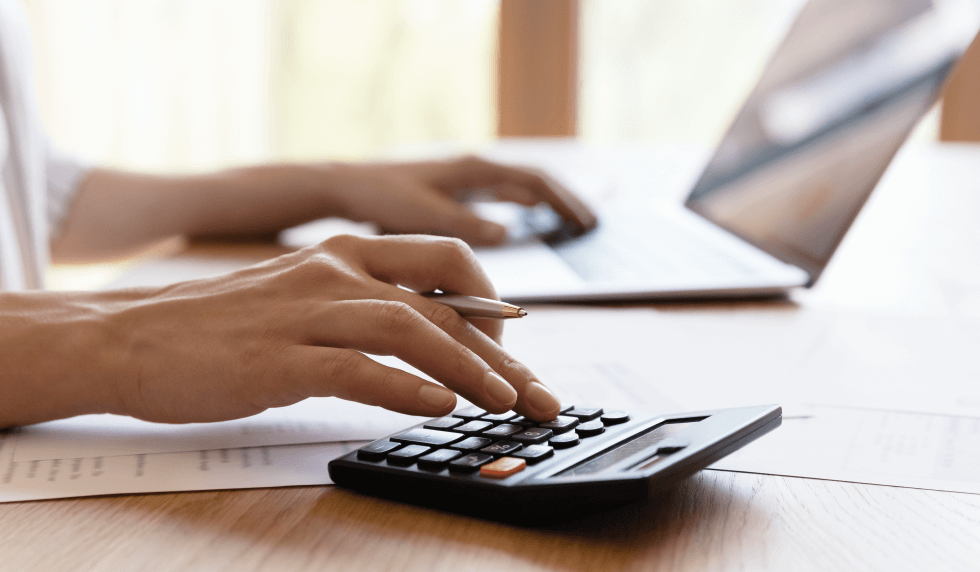Savings & Spending
Buying a Car in North Carolina

If you're in the market for a new or used car, buying can be a fun and rewarding milestone. However, it requires some planning to help ensure you get the best deal possible. We'll walk you through each step of the process so that you feel more prepared for your next vehicle purchase in North Carolina.

